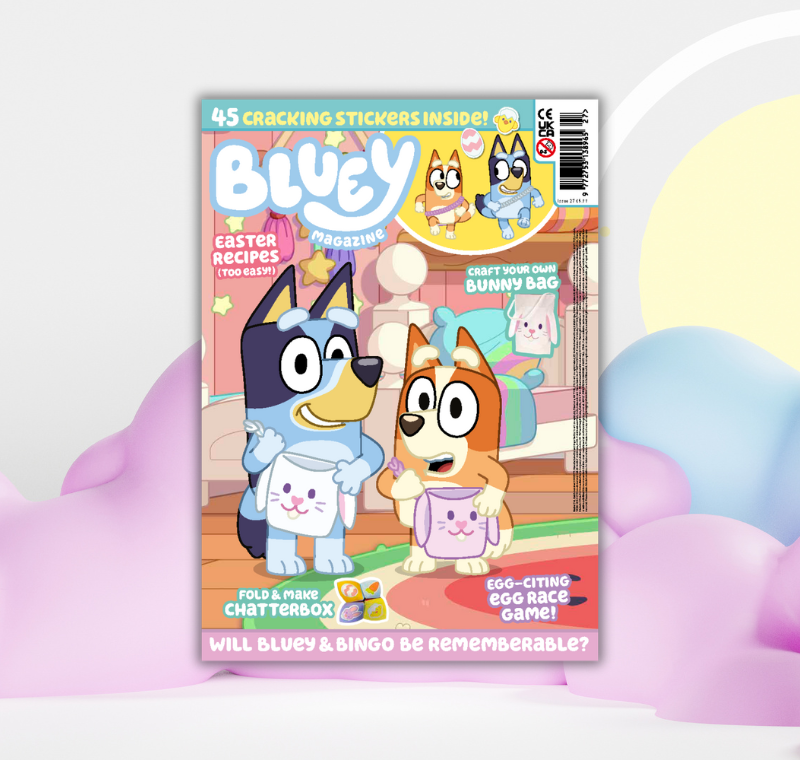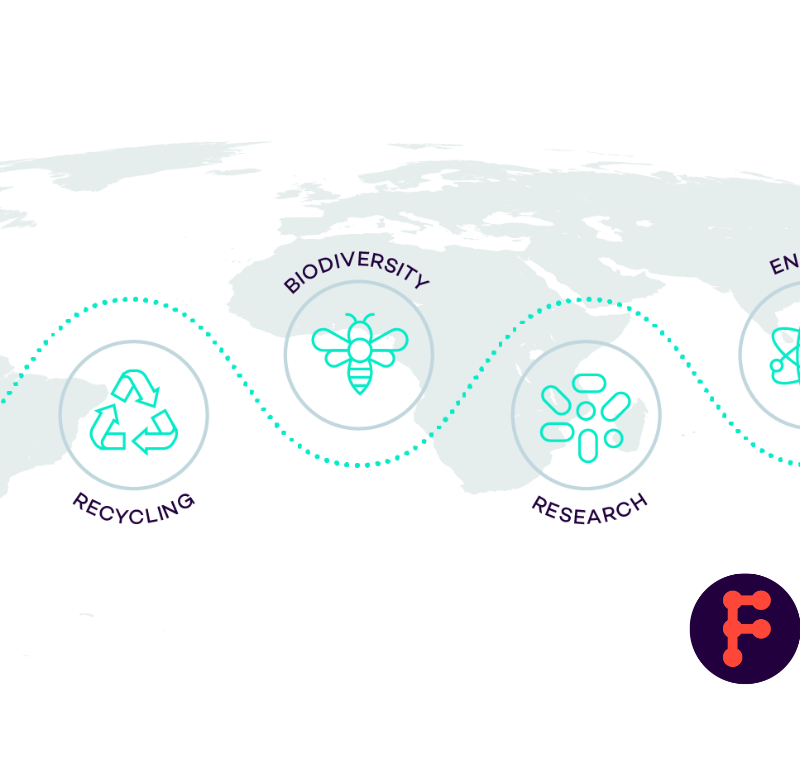Where is the Taylor Swift of news to force tech companies to pay up?
Within days of Swift asking Apple to pay musicians royalties during a trial of its streaming service, one of the world’s largest technology companies had succumbed to the youngest person to be included on Forbes’ most powerful women list.
There are so many reasons a letter starting “Dear Apple” and ending “love Rupert” would not have the same impact. Yet the entire news industry, and not just Rupert Murdoch, has allowed the idea of news as a no-value commodity to take hold – with a report from Syria or the Federal Reserve as interesting to advertisers as one of the 4m mentions of laundry posted on Facebook each day, or possibly less so.
This is not a debate about paywall versus free but one about the value of news itself. Last week, at the Cannes Lions advertising festival, news and its value was everywhere, most noticeably in the behaviour of this year’s festival darling, Snapchat. As will.i.am said at one yacht-based event: “The real rock star is Snapchat, isn’t it?”
The video and picture messaging app founded by Evan Spiegel in 2011 now boasts nearly 100 million daily active users and more than 2bn video views a day. Although its marketing campaign launched in time for Cannes was disappointingly soulless (Spiegel’s promo definitely doesn’t exemplify the sort of messages that have made him a billionaire), Snapchat excites ad types largely because of its popularity among “centennials”, a term for under-18s just as hideous as “millennial”. (Indeed, if the search for the youth market ever makes “foetals” the talk of Cannes we will have truly entered the Nathan Barley seventh circle of hell).
More like this
Paid content models: lessons learned
Blendle signs German media to its pay-per-article journalism marketplace









